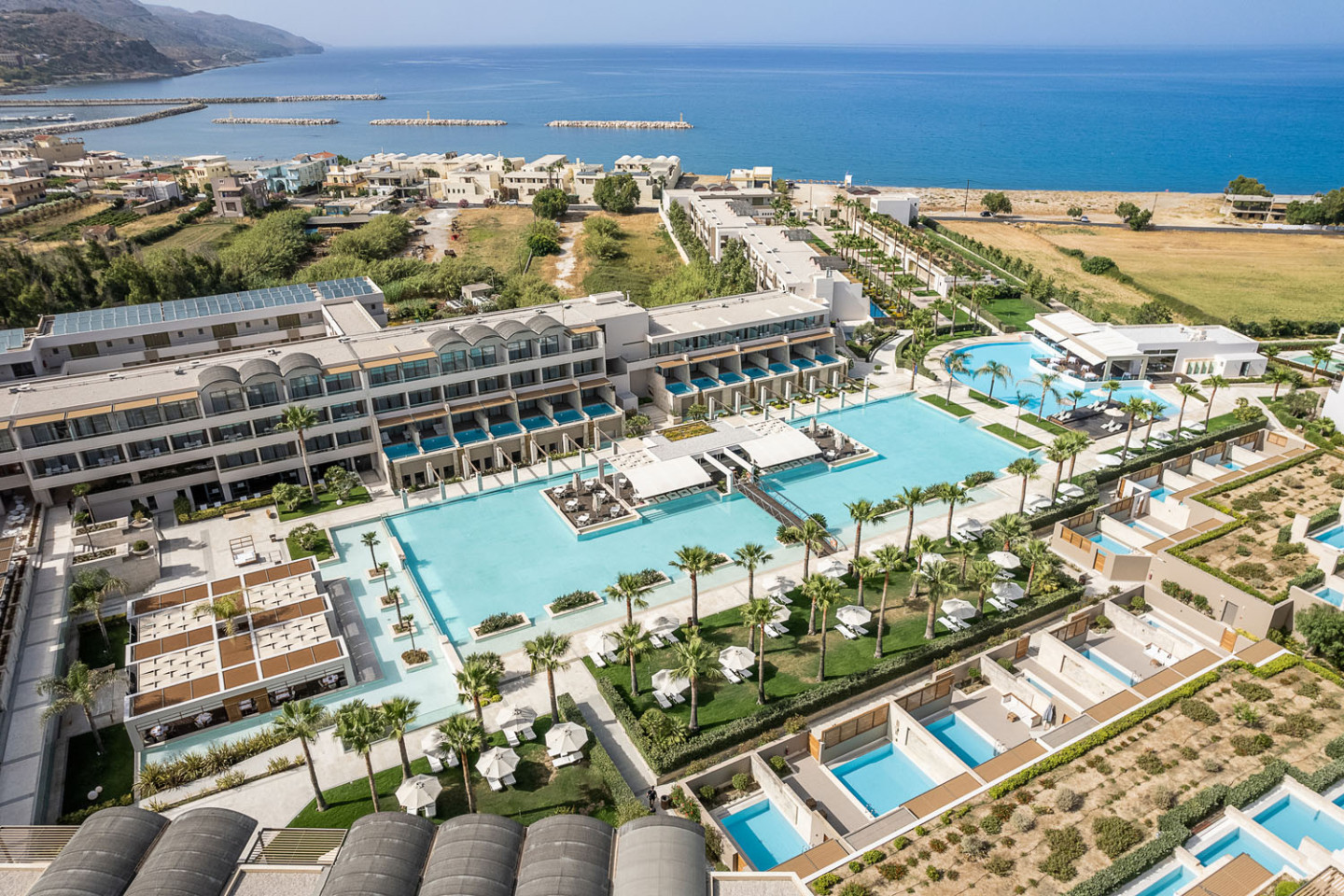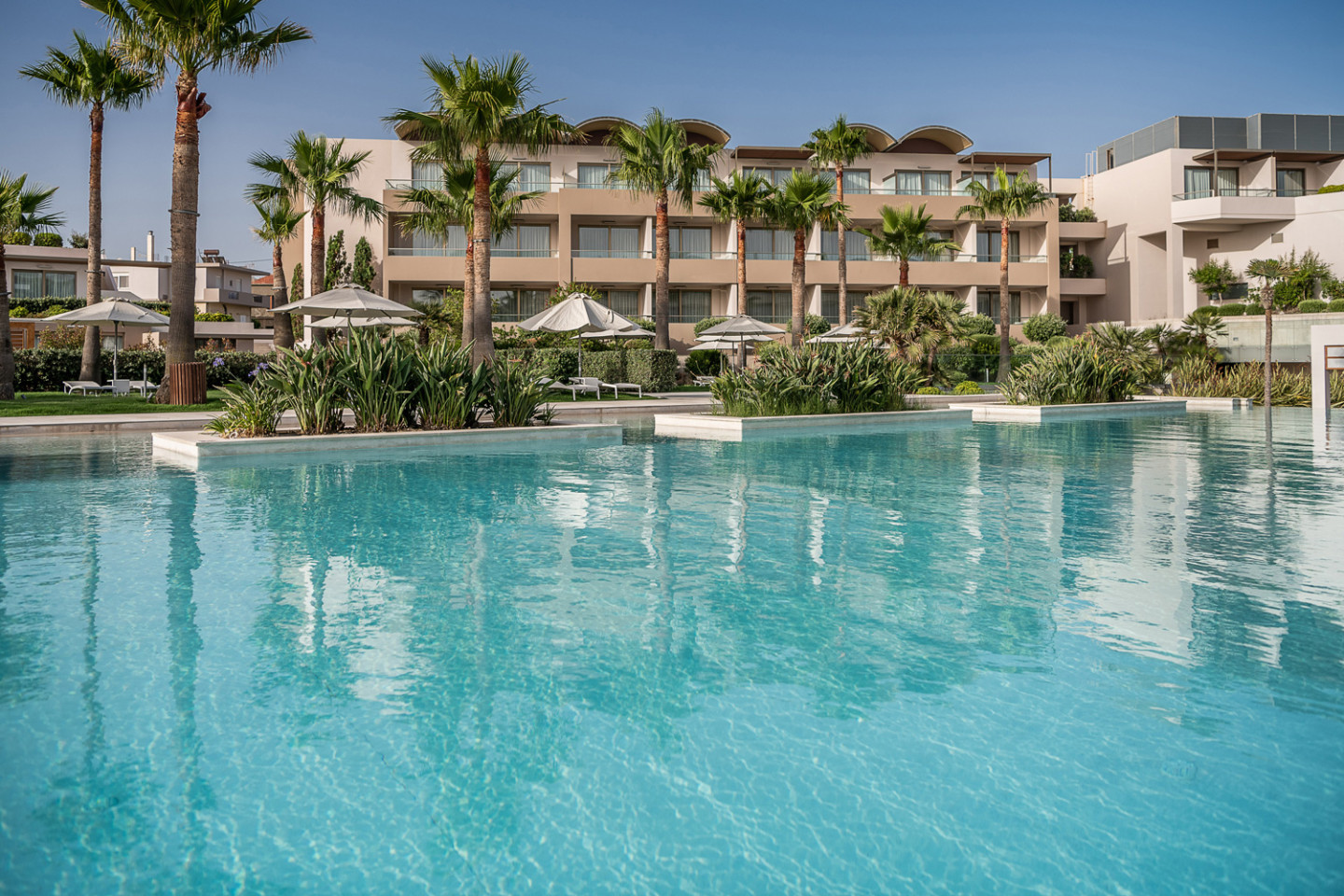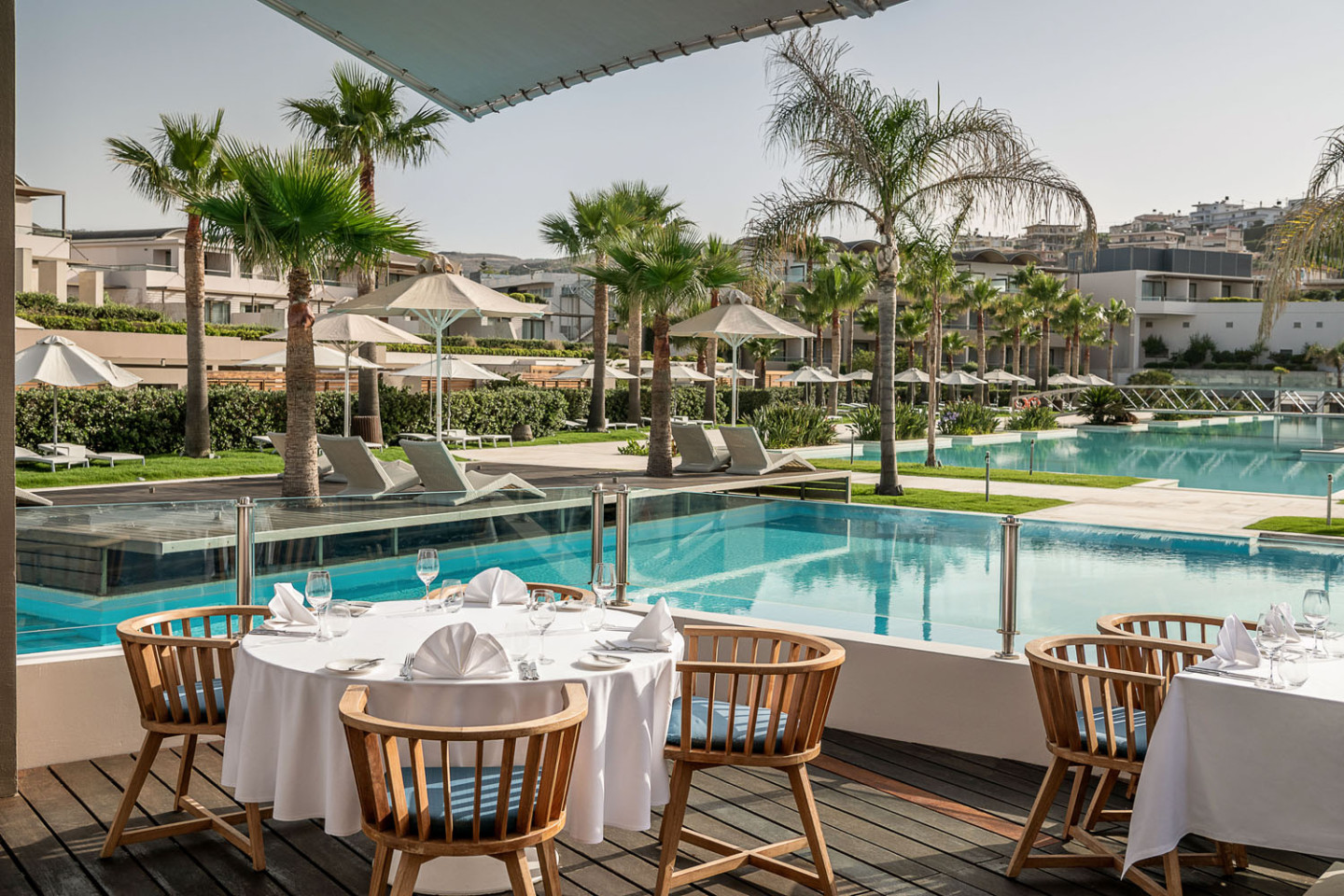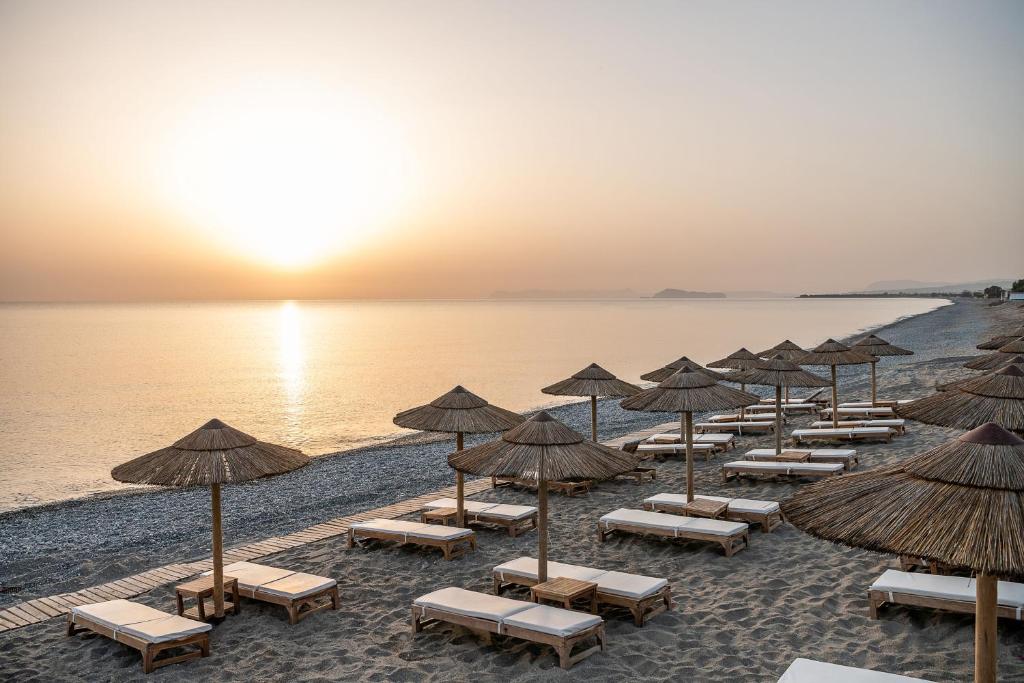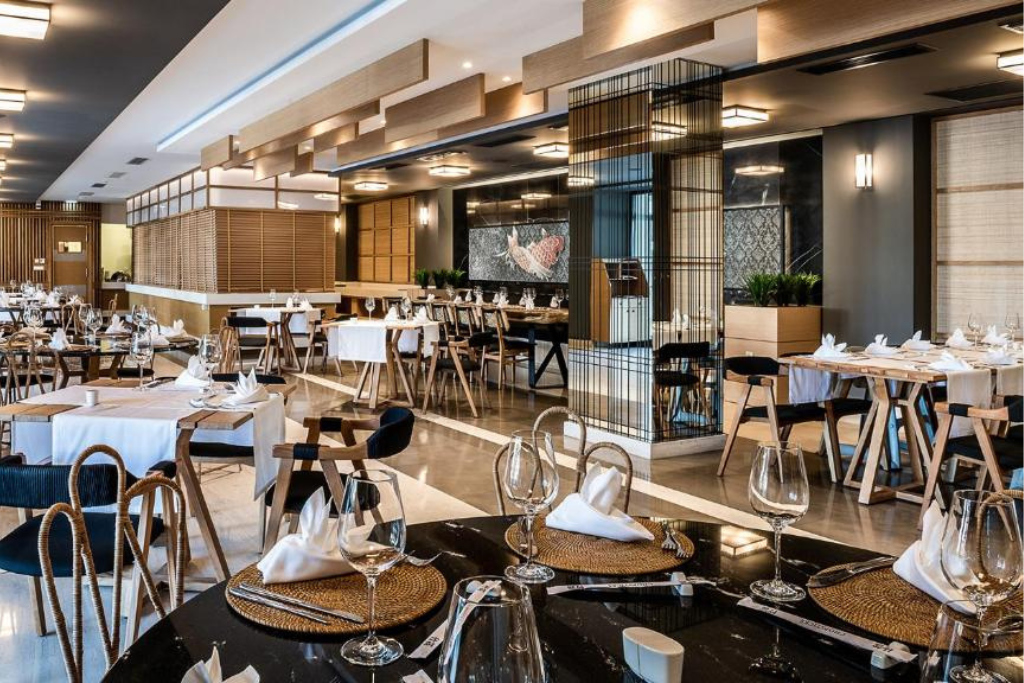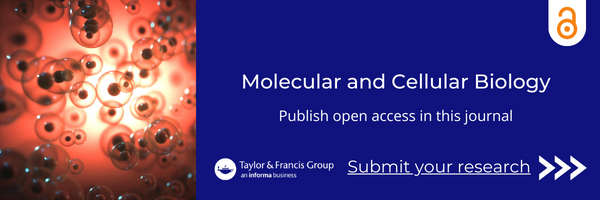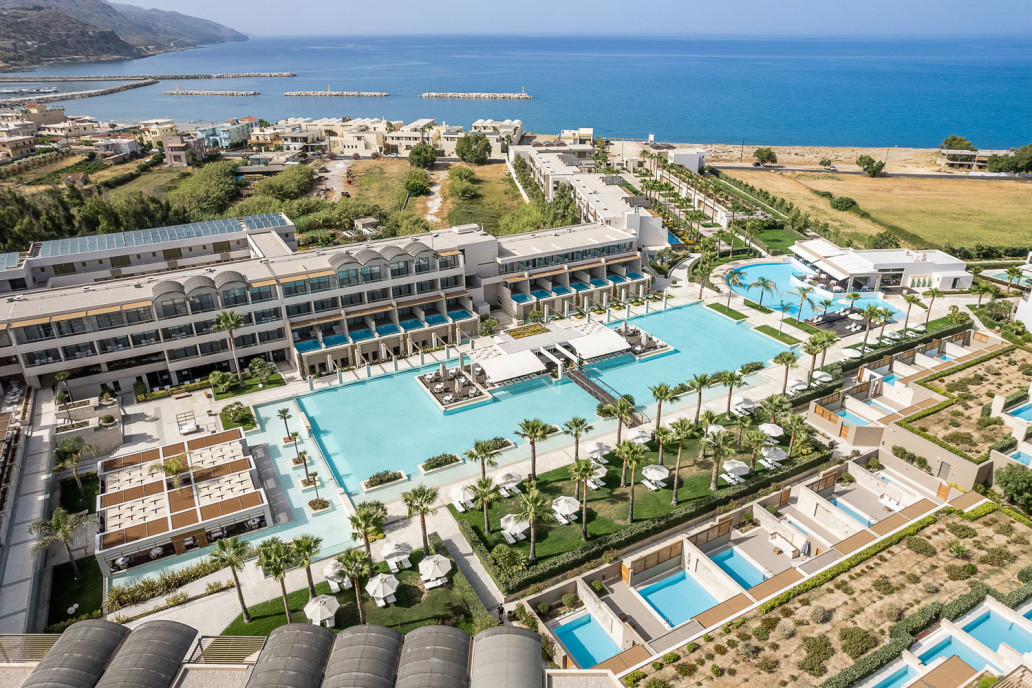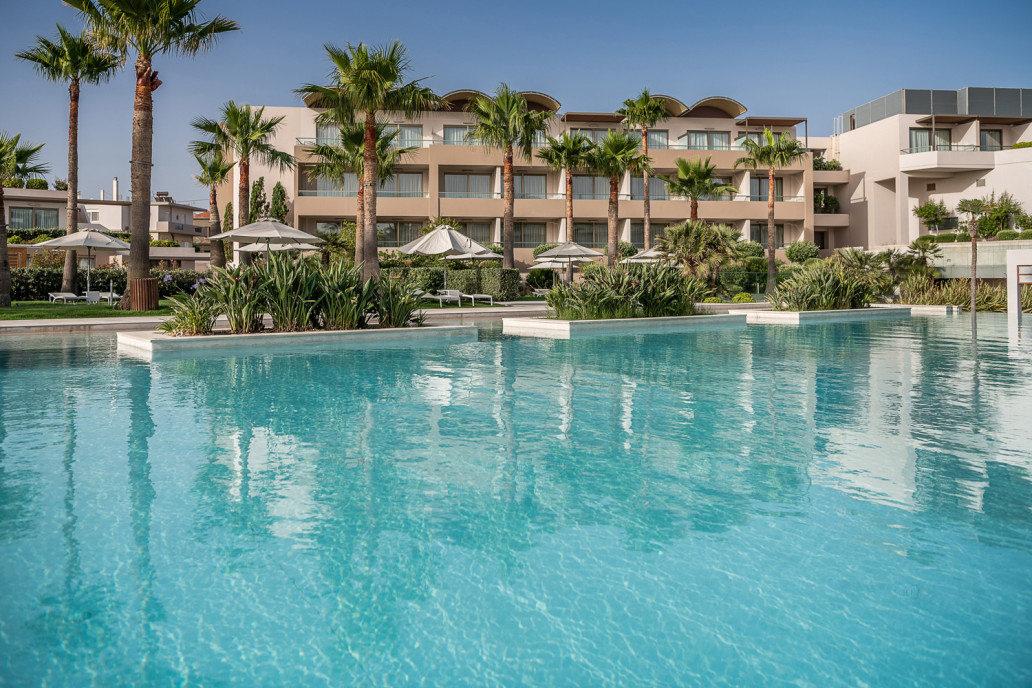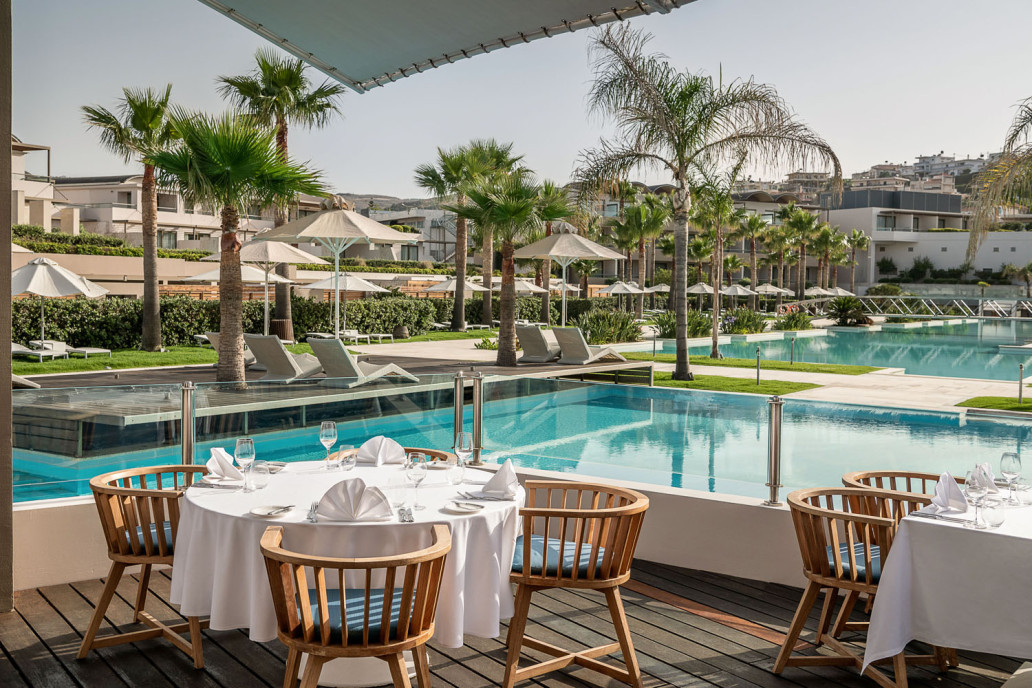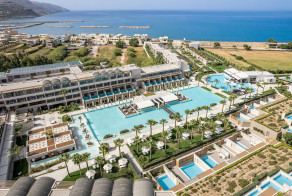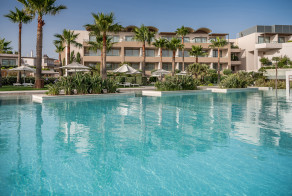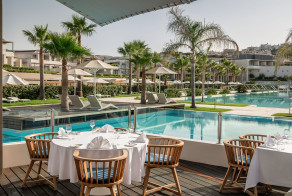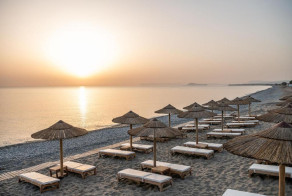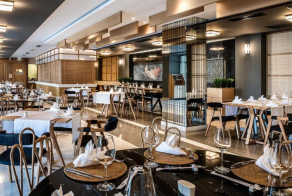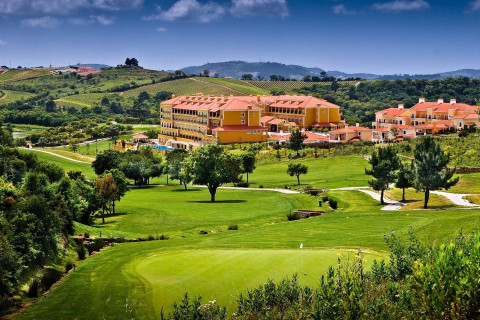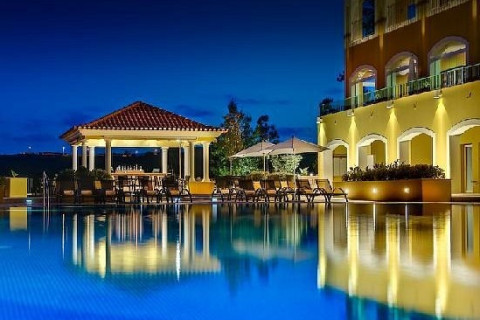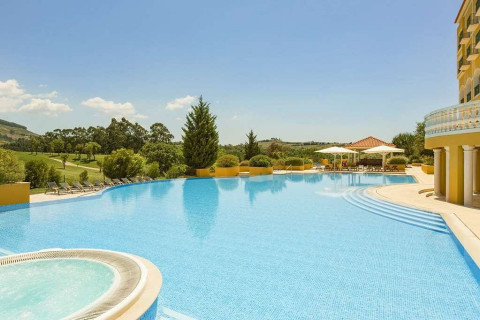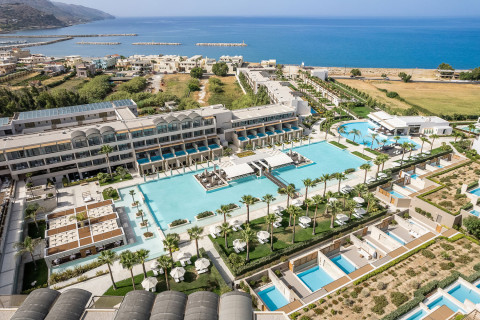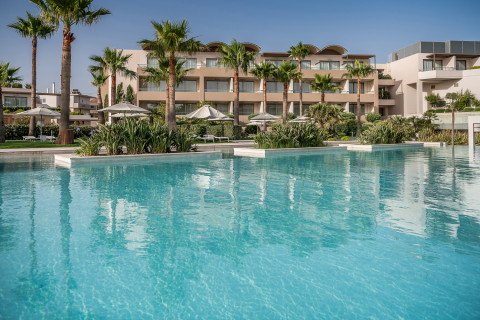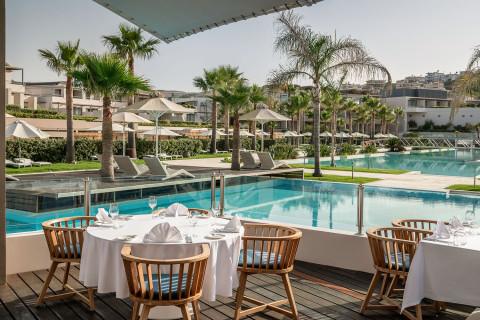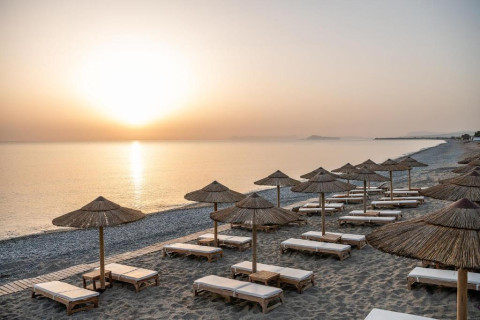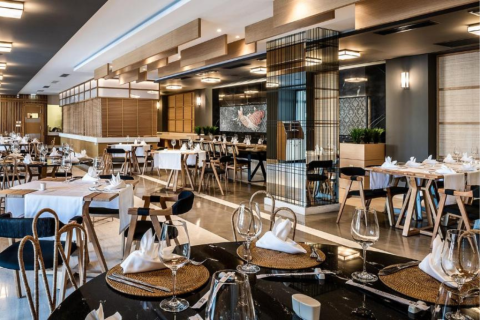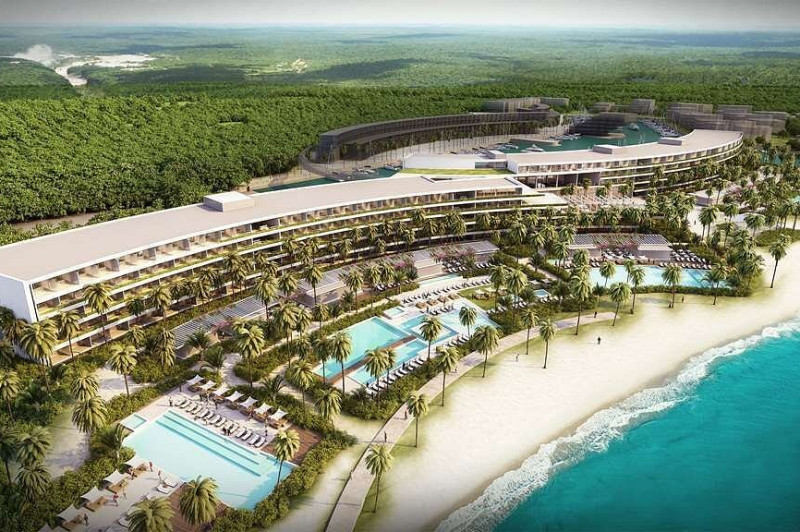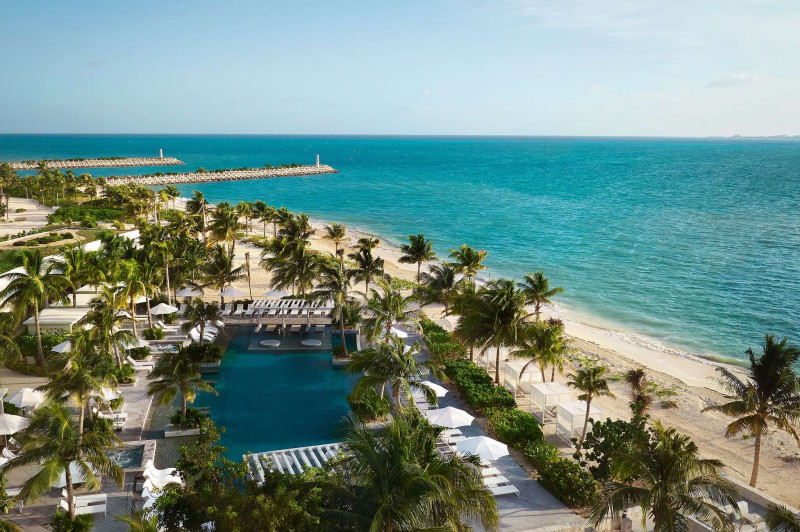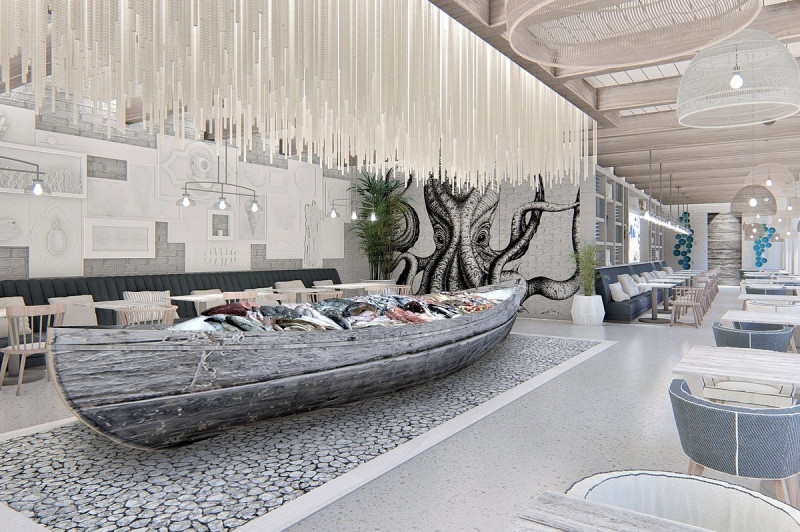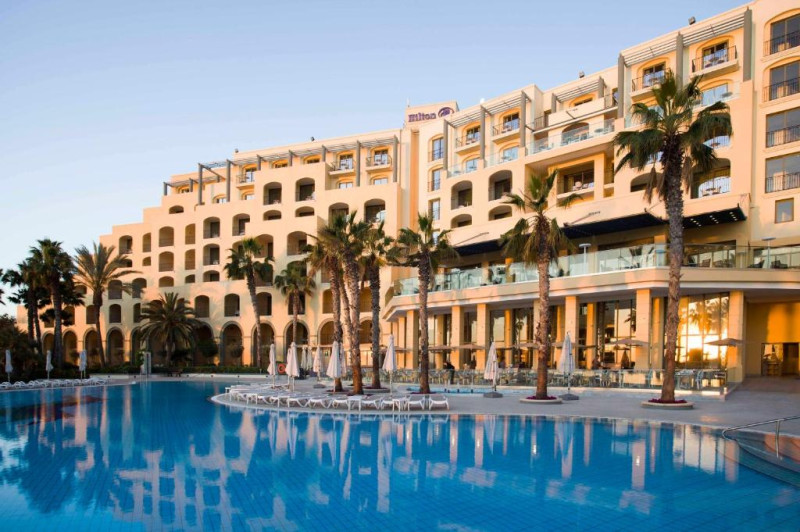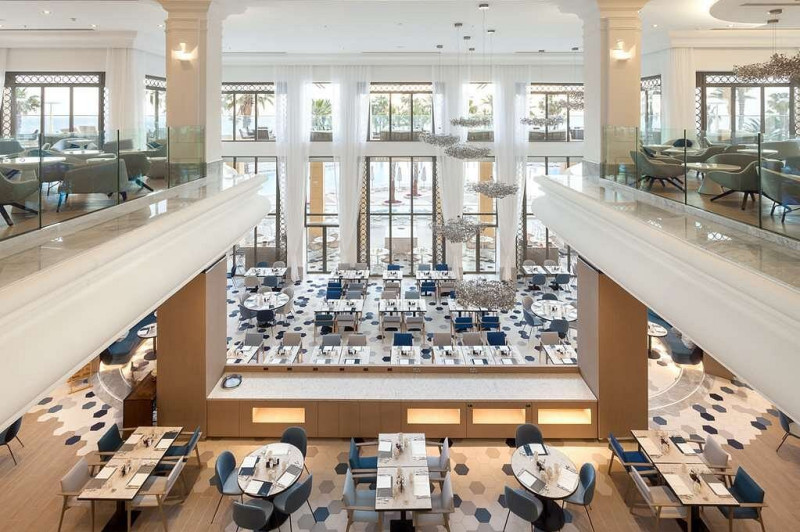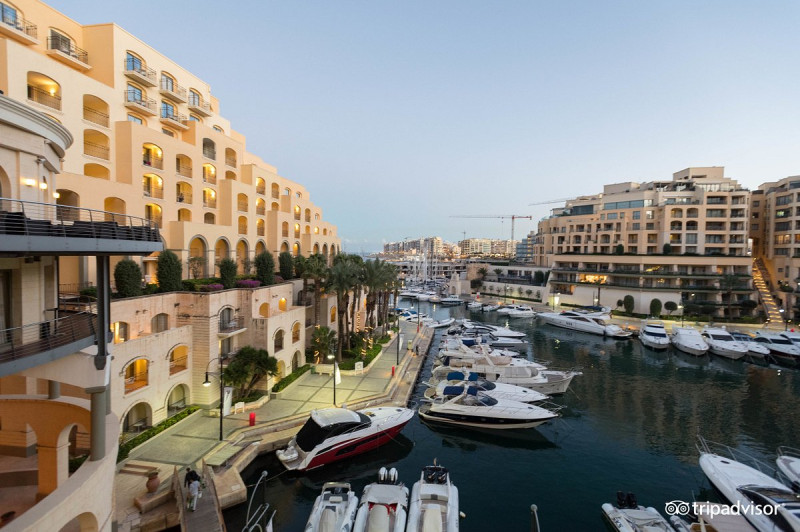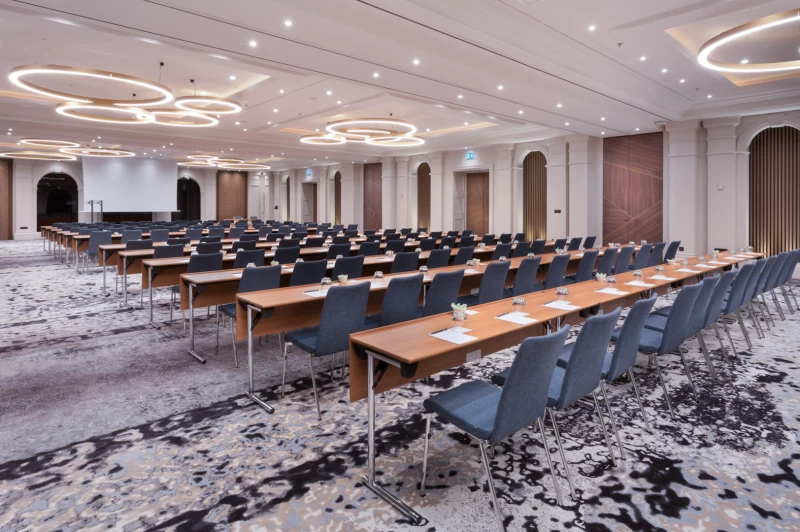- Home
- Past Conferences
- 2nd Recombination Mechanisms Conference
Report
The 2nd Fusion Conference on ‘Recombination Mechanisms’ took place at the stunning Avra Imperial Hotel, nestled just 30 kilometers from the historic city of Chania on the island of Crete. This breathtaking venue, combined with the warmth of traditional Greek hospitality, provided an exceptional setting for a conference series that has been held biennially for over half a century.
While the scientific landscape has evolved significantly over the decades - with the emergence of new questions and powerful technologies - the study of recombination remains at the forefront of molecular biology. This field continues to offer transformative insights into key cellular processes such as DNA double-strand break repair, replication fork stability, and meiosis. Recent years have seen rapid progress, particularly in understanding the roles of critical tumour suppressors like BRCA1, BRCA2, and the RAD51 paralogs, in preserving genomic integrity and preventing cancer.
Notably, the meeting highlighted how cutting-edge tools, including AlphaFold3 and cryo-electron microscopy, are revolutionizing structural biology. These technologies are enabling unprecedented structure-function analyses, which are deepening our understanding of recombination mechanisms and their implications for human disease.
Among the many scientific highlights were five outstanding Keynote lectures delivered by Petr Cejka (Bellinzona, Switzerland), Simon Boulton (London, UK), Gaëlle Legube (Toulouse, France), Andre Nussenzweig (Bethesda, USA), and Xiaolan Zhao (New York, USA). These talks were complemented by 46 presentations from leading experts and rising stars, creating a dynamic and intellectually stimulating program.
This year’s poster sessions stood out for their exceptionally high quality and the engaging discussions they sparked between senior scientists and early-career researchers. The conference maintained its hallmark spirit of inclusivity and community, thanks to the outstanding efforts of the Fusion conference team - especially the tireless dedication of Felicity, the lead organiser.
The event concluded on a joyful note with a festive gala dinner, dancing, and the much-loved tradition of a fully clothed plunge into the pool - a fitting end to a memorable gathering.
As the only recombination-focused conference in 2025, this European-based meeting continues to draw an international audience and serves as a vital counterpart to the alternating FASEB recombination conference held in the USA. With Fusion at the helm, the future of this meeting series is in excellent hands, so we eagerly anticipate the 3rd Fusion conference on Recombination Mechanisms which will take place in 2027.
Synopsis
Recombination, the process by which genetic material is exchanged between different molecules, is a fundamental mechanism in genetics. It plays a crucial role in generating genetic diversity, repairing DNA, and ensuring accurate chromosome segregation during meiosis. Advances in this field have significant implications for understanding evolution, improving crop yields, and developing treatments for genetic diseases. Current research in recombination focuses on several key questions, including the mechanisms of homologous recombination, the roles of proteins involved in recombination, and the ways cells ensure accuracy and efficiency during recombination events.
Research also delves into the determinants of recombination hotspots, such as genetic and epigenetic factors, and their impact on genome evolution and stability. Workers in the field focus on investigating how cells balance the need for genetic diversity with the maintenance of genomic integrity, the mechanisms for repairing errors introduced during recombination, and how different organisms manage recombination-induced DNA damage. The evolutionary implications of recombination, including its role in the evolution of new traits, species adaptation to environmental changes, and the factors driving the evolution of recombination rates, are also crucial areas of study.
Moreover, there are significant technological applications of recombination research. These include improving crop resistance and yield, developing gene therapy and personalized medicine, and advancing synthetic biology. Understanding the regulatory networks that control recombination during different stages of the cell cycle, how cells respond to inappropriate or excessive recombination, and the implications of dysregulated recombination for diseases like cancer is vital. This research, driven by molecular genetics, biochemistry, advanced imaging techniques, and computational models, not only addresses fundamental biological questions but also paves the way for practical applications in various fields, including medicine, agriculture, and biotechnology.
Confirmed Invited Speakers
Andres Aguilera (CABIMER/ University of Seville)
INSIGHTS INTO THE ROLE OF RNA AND CHROMATIN IN RECOMBINATIONAL REPAIR
Simon Boulton (Francis Crick Institute)
MECHANISMS OF RECOMBINATION
Valerie Borde (Institute Curie)
REGULATION OF DNA SYNTHESIS DURING DOUBLE-STRAND BREAK REPAIR
Dana Branzei (IFOM ETS)
NEW INSIGHTS INTO DNA DAMAGE TOLERANCE CHOICE
Petr Cejka (Institute for Research in Biomedicine)
MECHANISM OF BRCA-1-BARD1 FUNCTION IN DNA END RESECTION AND DNA PROTECTION
Titia De Lange (Rockefeller University)
TELOMERES AND THE DNA DAMAGE RESPONSE
Bernard De Massy (Institute of Human Genetics Montpellier)
DNA DOUBLE-STRAND BREAK FORMATION DURING MEIOSIS
Pierre-Henri Gaillard (Cancer Research Centre Marseille)
SLX4/FANCP: PLAYING WITH NUCLEASES, HELICASES AND BEYOND
Jim Haber (Brandeis University)
MICROHOMOLOGY-MEDIATED TEMPLATE SWITCHING REQUIRES EXTENSIVE PAIRING OF ADJACENT HOMEOLOGOUS REGIONS
Wolf-Dietrich Heyer (University of California, Davis)
THE MULTI-FACETED ROLES OF CHROMATIN IN HOMOLOGOUS RECOMBINATION
Ian Hickson (University of Copenhagen)
SINGLE MOLECULE ANALYSIS OF THE BLOOM'S PROTEIN COMPLEX
Maria Jasin (Memorial Sloan Kettering Cancer Center)
GENOMIC AND GENETIC LOSS AFTER A DOUBLE-STRAND BREAK
Roland Kanaar (Erasmus University Rotterdam)
FUNCTION OF BRCA2 IN HOMOLOGOUS RECOMBINATION
Scott Keeney (Memorial Sloan Kettering Cancer Center)
MECHANISM OF MEIOTIC RECOMBINATION INITIATION
Stephen Kowalczykowski (University of California, Davis)
THE ROLES OF BRCA2 AND RAD51 PARALOGS IN RECOMBINATIONAL DNA REPAIR
Gaelle Legube (Univsersité Paul Sabatier)
CHROMOSOME AND CHROMATIN DYNAMICS AT DNA DOUBLE STRAND BREAK
Anna Malkova (University of Texas)
BREAK INDUCED REPLICATION AND ITS ROLE IN TELOMERE MAINTENANCE
Joao Matos (University of Vienna)
HOLLIDAY JUNCTIONS AND ZMM PROTEINS: PARTNERS IN THE MAINTENANCE OF MEIOTIC CHROMOSOME SYNAPSIS
Andre Nussenzweig (National Institutes of Health)
REPLICATION FORK STABILITY
John Petrini (Memorial Sloan Kettering Cancer Center)
SEPARATIONS OF FUNCTION: A COMPREHENSIVE PICTURE OF Rad50S MUTATIONS
Akira Shinohara (Osaka University)
THE MOLECULAR MECHANISM OF RAD51/DMC1-MEDIATED HOMOLOGY SEARCH AND STRAND EXCHANGE
Evi Soutoglou (University of Sussex)
GENOME ORGANISATION IN DNA REPAIR AND MUTAGENESIS
Patrick Sung (University of Texas)
HOMOLOGOUS RECOMBINATION LICENSING ROLES OF THE BRCA1-BARD1 COMPLEX
Lorraine Symington (Columbia University)
REPAIR OF REPLICATION-ASSOCIATED DOUBLE-STRAND BREAKS
Xiaolan Zhao (Memorial Sloan Kettering Cancer Center)
MECHANISMS OF Smc5/6-BASED GENOME MANAGEMENT
Xiaodong Zhang (Imperial London College/ Francis Crick Institute)
STRUCTURES AND MECHANISMS OF RAD51 MODULATORS
Target Audience
This conference will appeal to PhD students, post-docs and group leaders working in the fields of recombination, meiosis, DNA repair and cancer. Academic and pharma researchers interested in DNA damage responses and cancer including their intersection with replication, transcription, epigenetics, cancer biology, and cancer drug discovery. The focus will be on the molecular mechanisms of homologous recombination and the interplay of damage responses and cancer biology.
Educational Need
This conference will bring together scientists working at the forefront of DNA recombination (both mitotic and meiotic), repair, replication, transcription, epigenetics, and cancer biology. Presentations will consider diverse cutting-edge methodologies and integrated approaches to investigate the fundamental mechanisms of recombination and repair, at the molecular, structural and cellular levels. The conference will showcase novel breakthrough advances and new developments in these areas. The inter-disciplinary nature of the conference will create strong synergies among participants and outstanding opportunities for exchanging information and developing new collaborations. The cross-disciplinary interactions will be invaluable in training young scientists to work in these and other emerging areas of science.
Confirmed Speakers
Chairs
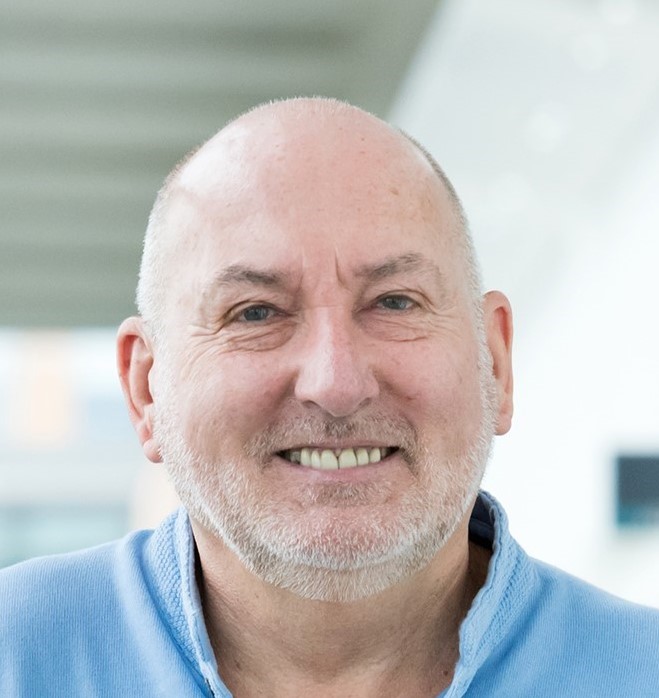
Steve West
Francis Crick Institute
Invited Speakers
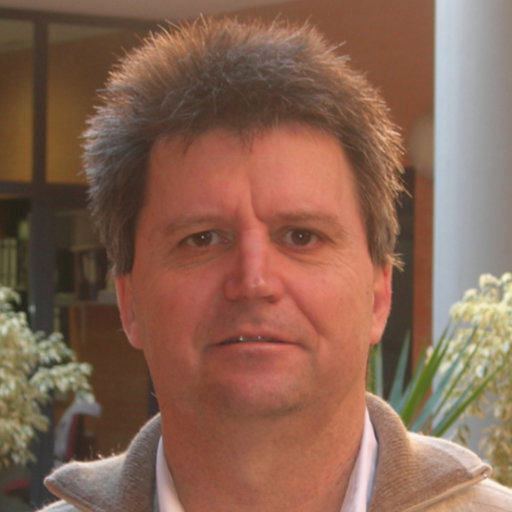
Andres Aguilera
Cabimer
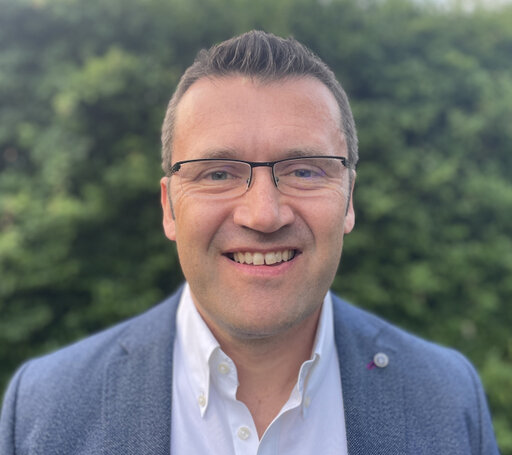
Simon Boulton
Francis Crick Institute
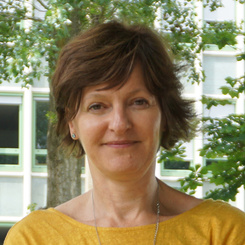
Valerie Borde
Institute Curie
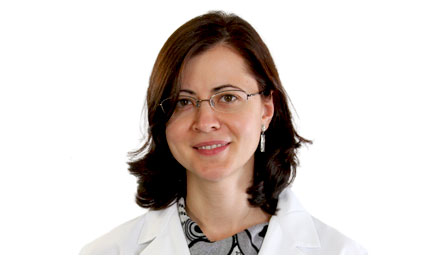
Dana Branzei
IFOM ETS

Petr Cejka
Institute for Research in Biomedicine
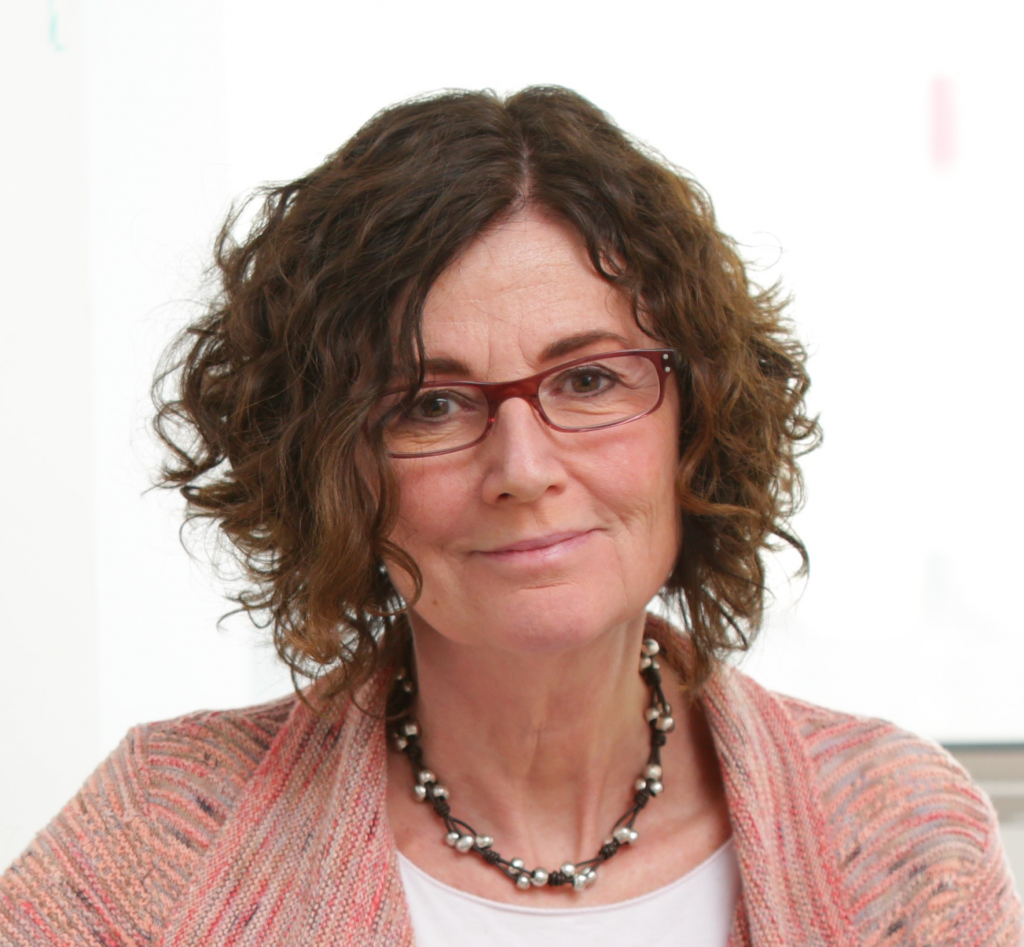
Titia De Lange
Rockefeller University
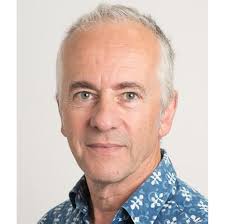
Bernard De Massy
Institute of Human Genetics Montpellier
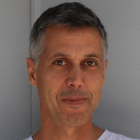
Pierre-Henri Gaillard
Cancer Research Centre Marseille
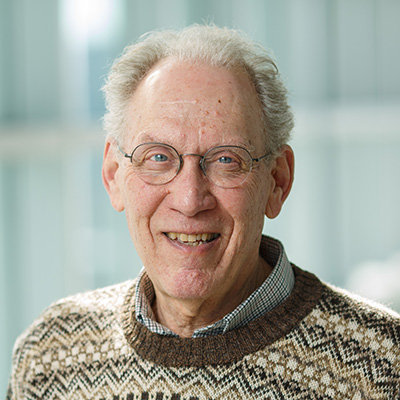
Jim Haber
Brandeis University
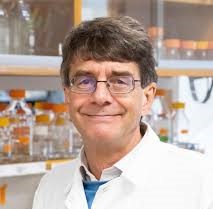
Wolf-Dietrich Heyer
University of California, Davis
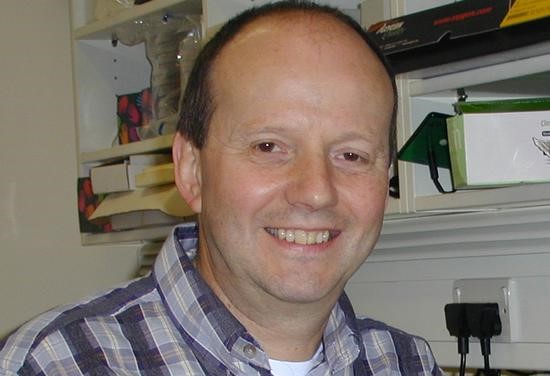
Ian Hickson
University of Copenhagen
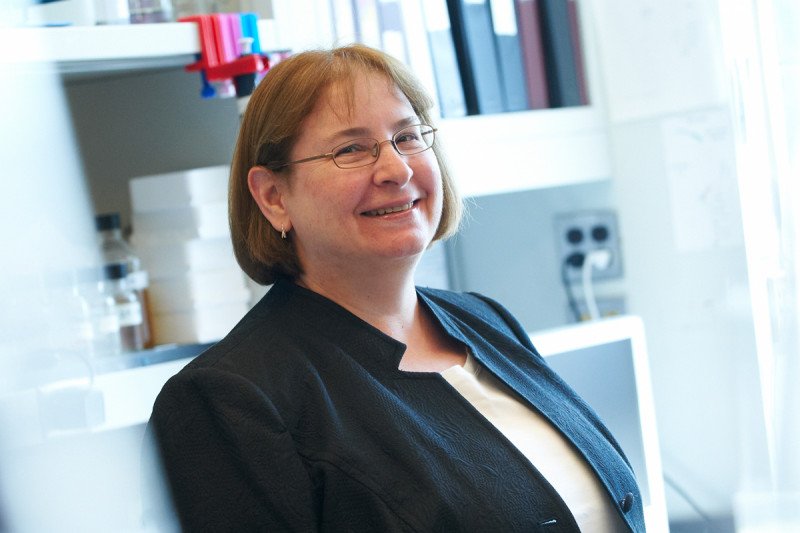
Maria Jasin
Memorial Sloan Kettering Cancer Center
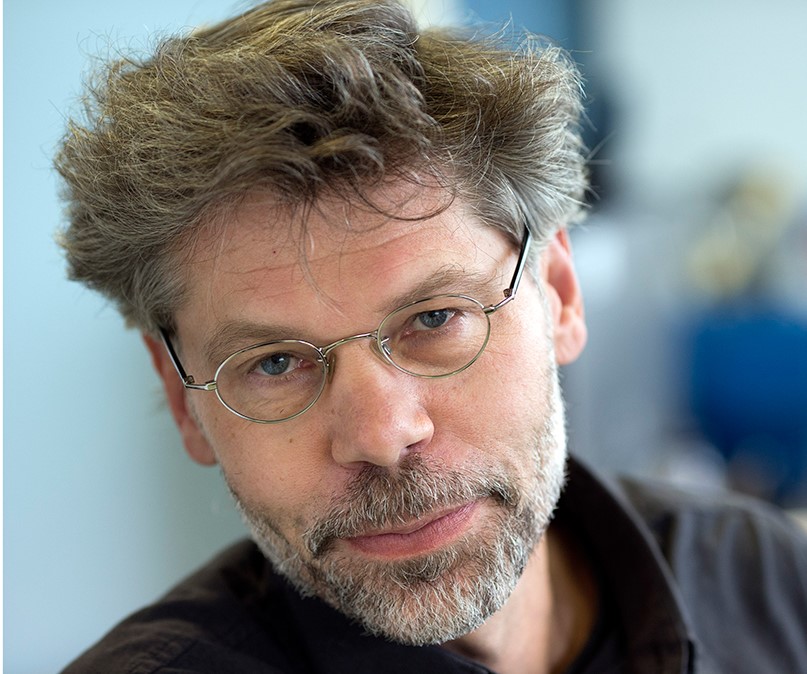
Roland Kanaar
Erasmus University Rotterdam
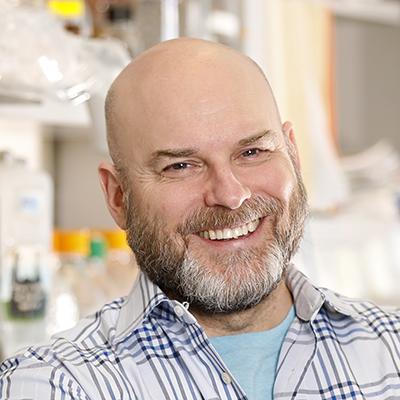
Scott Keeney
Memorial Sloan Kettering Cancer Center
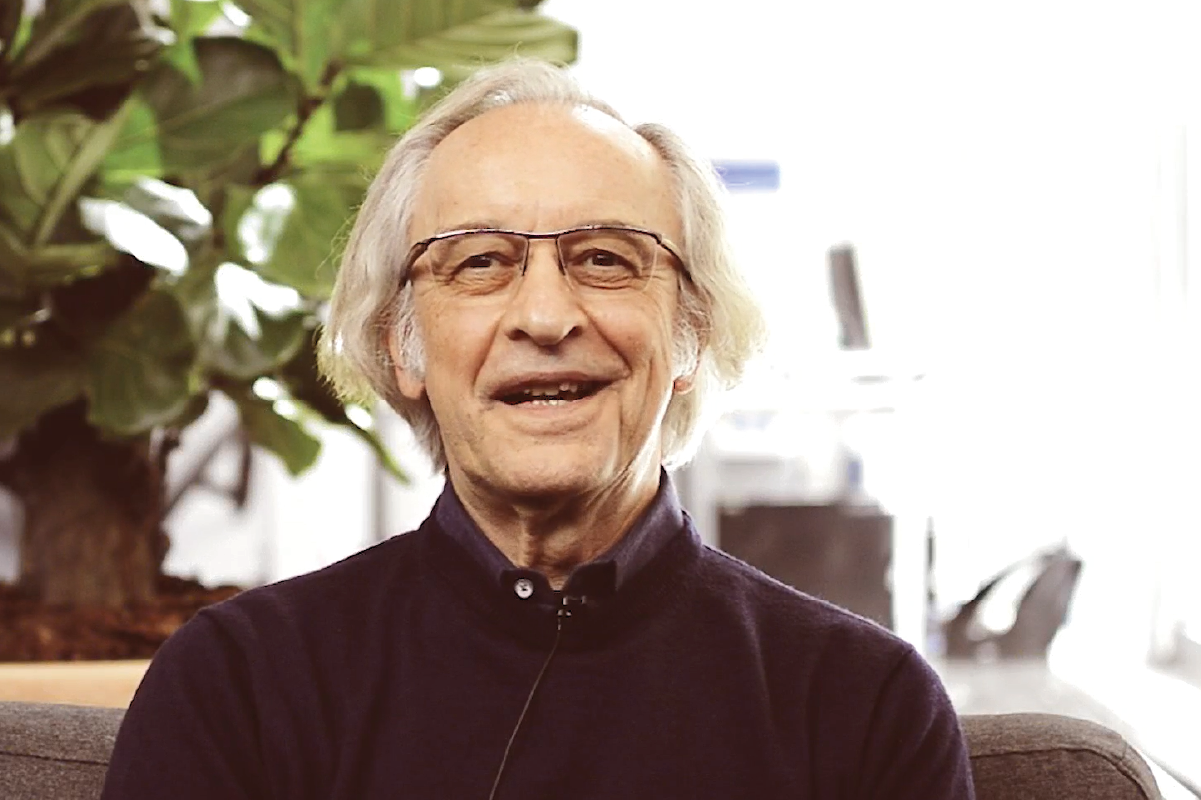
Stephen Kowalczykowski
University of California, Davis
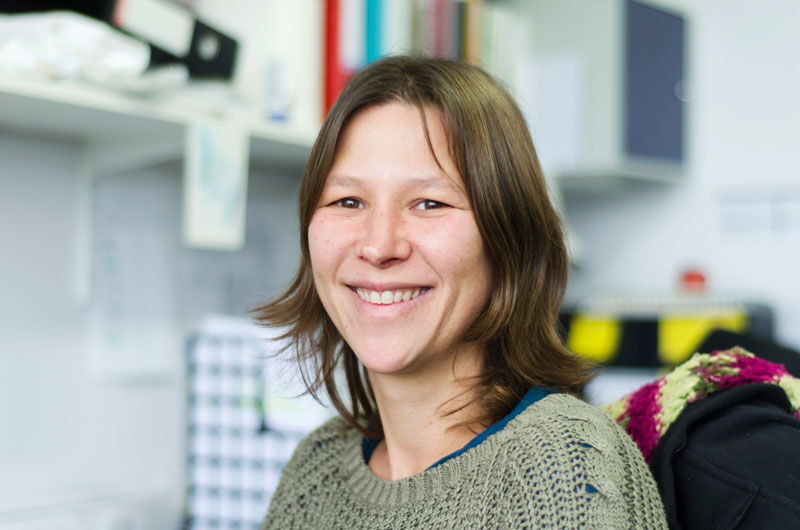
Gaelle Legube
Univsersité Paul Sabatier
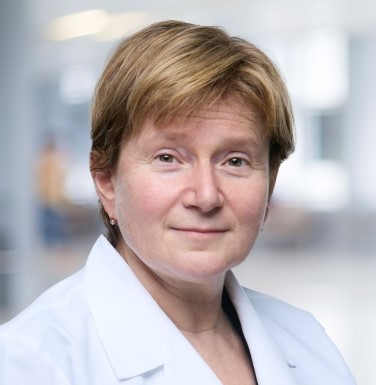
Anna Malkova
University of Texas
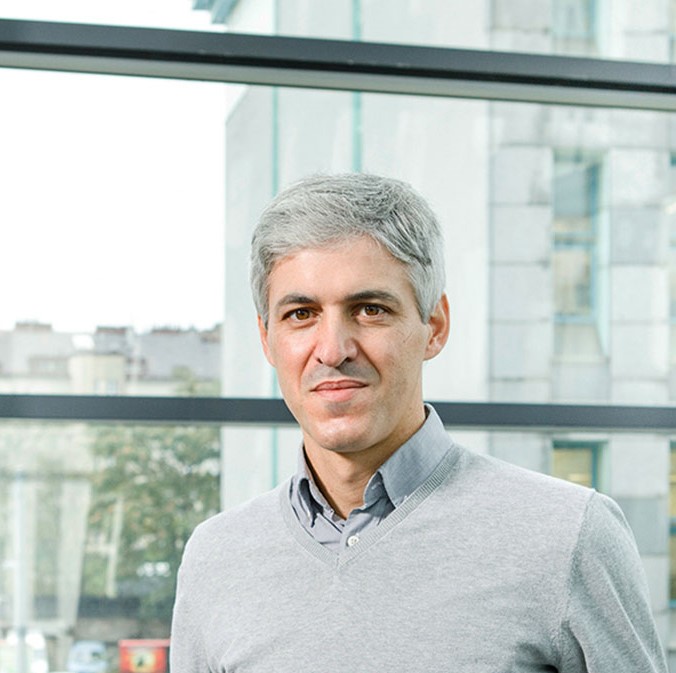
Joao Matos
University of Vienna
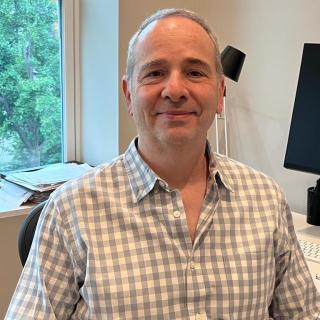
Andre Nussenzweig
National Institutes of Health
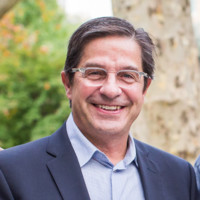
John Petrini
Memorial Sloan Kettering Cancer Center
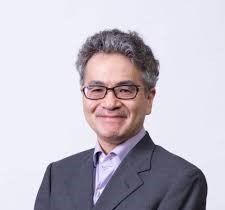
Akira Shinohara
Osaka University
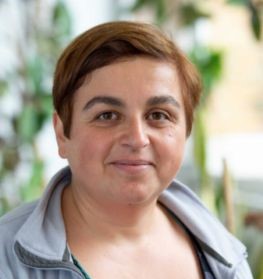
Evi Soutoglou
University of Sussex
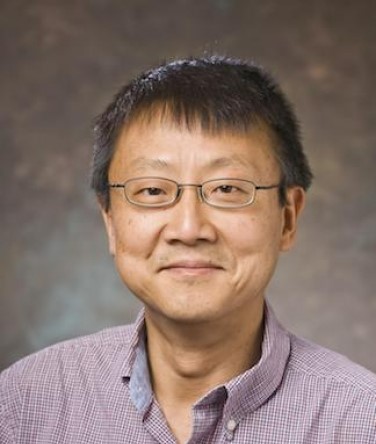
Patrick Sung
University of Texas
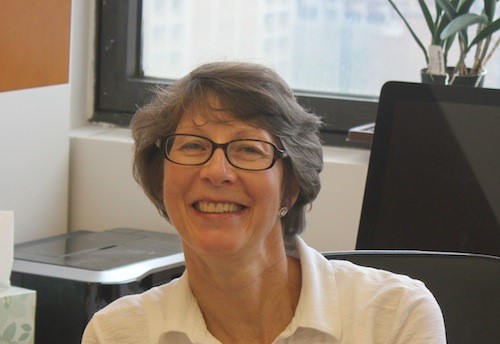
Lorraine Symington
Columbia University

Xiaolan Zhao
Memorial Sloan Kettering Cancer Center
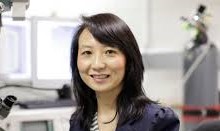
Xiaodong Zhang
Imperial London College/ Francis Crick Institute
Programme
Although the below programme is the most up to date version, please note it is still a draft copy and is subject to change. We will continue to upload the latest version here, and circulate a final copy to all participants in the week before the meeting.
Grants
Unfortunately, all current ECR grants have been awarded. However, we hope to release additional grants later following fundraising efforts. If you are interested in future opportunities, feel free to sign up for updates about the conference to be kept informed should further grants be released. Or, you are welcome to send in an application in advance, to be considered in the first instance should additional grants be released.
Supported by
Venue & Location
Avra Imperial
The Avra Imperial Hotel is situated on the picturesque bay of Kolymbari, 23km west of Chania, in Crete. Located next to the beautiful beach of Kolymbari, awarded with the EU Blue Flag, set amongst 65,000m² of fragrant lush gardens and surrounded by crystal clear turquoise waters of the Cretan sea with stunning views over the semi-mountainous peninsula, this makes for a wonderful setting for this conference.
With top class facilities including impressive swimming pools, five excellent restaurants and four vibrant bars, sports & leisure facilities, crèche & children’s club, shops, plus a rejuvenating and uniquely designed spa, there is plenty to occupy your free time whether you choose to relax and stay within the hotel or decide to venture further afield and see what Crete has to offer.
The themed Gala Night takes place on the penultimate evening of the conference with a mouth-watering feast of local cuisine, a bar and amazing local entertainment. We welcome all delegates and their accompanying persons to the Gala Night – a truly fun filled night not to be missed!
General Information
Venue Rating
★ ★ ★ ★ ★
Currency
Euro (EUR)
Address
Kolymbari 73006 Chania Crete Greece.
Nearest Airport
Chania International Airport
Hotel Facilities
Hotel facilities include:
- Complimentary Wi-Fi in guest rooms and throughout hotel and conference areas
- 3 outdoor pools for adults & 2 children’s pools
- 2 buffet restaurants & 3 à-la-carte restaurants
- 4 vibrant bars
- Wellness & Fitness Center with heated indoor pool
- Open-air amphitheater
- 2 tennis courts
- Beauty & Hair Salon
Location
Situated 23km west of Chania, Avra Imperial Hotel is positioned in the village of Kolymbari (or Kolimbari, Kolymvari), a true Cretan seaside village, surrounded by olive goves, located on the corner formed between the northern coastline of western Crete and the Rodopos peninsula stretching towards north. The waterfront and the jetty of the new harbor, that encloses the oldest small harbor with fishing boats, is ideal for a stroll in the afternoon, overlooking the blue of the sea, on one side, and on the other, the hills and the mountains of Rodopos peninsula, rising behind the house roofs.
Gallery
If you are interested in this meeting but not yet ready to register, you can sign up for updates here and our team will keep you updated regarding deadline reminders and grant opportunities relating to this meeting only.
If you're interested in sponsoring this conference please contact us.
Conference Manager

Felicity Harrap
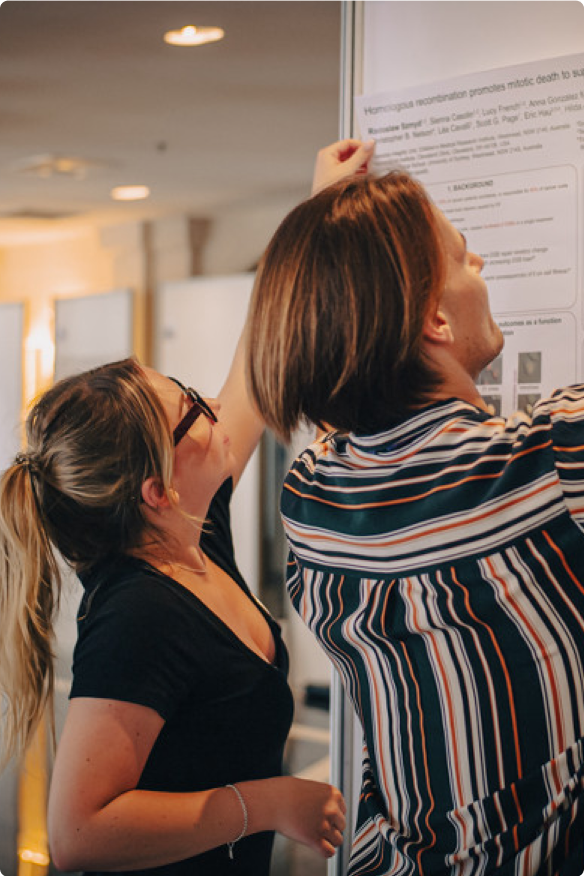

Need some help? Chat to the Fusion team today
As a family run business, our dedication runs deep. We’re committed to each other and, even more so, to every attendee’s experience, delivering a level of care and passion that’s truly unmatched.
